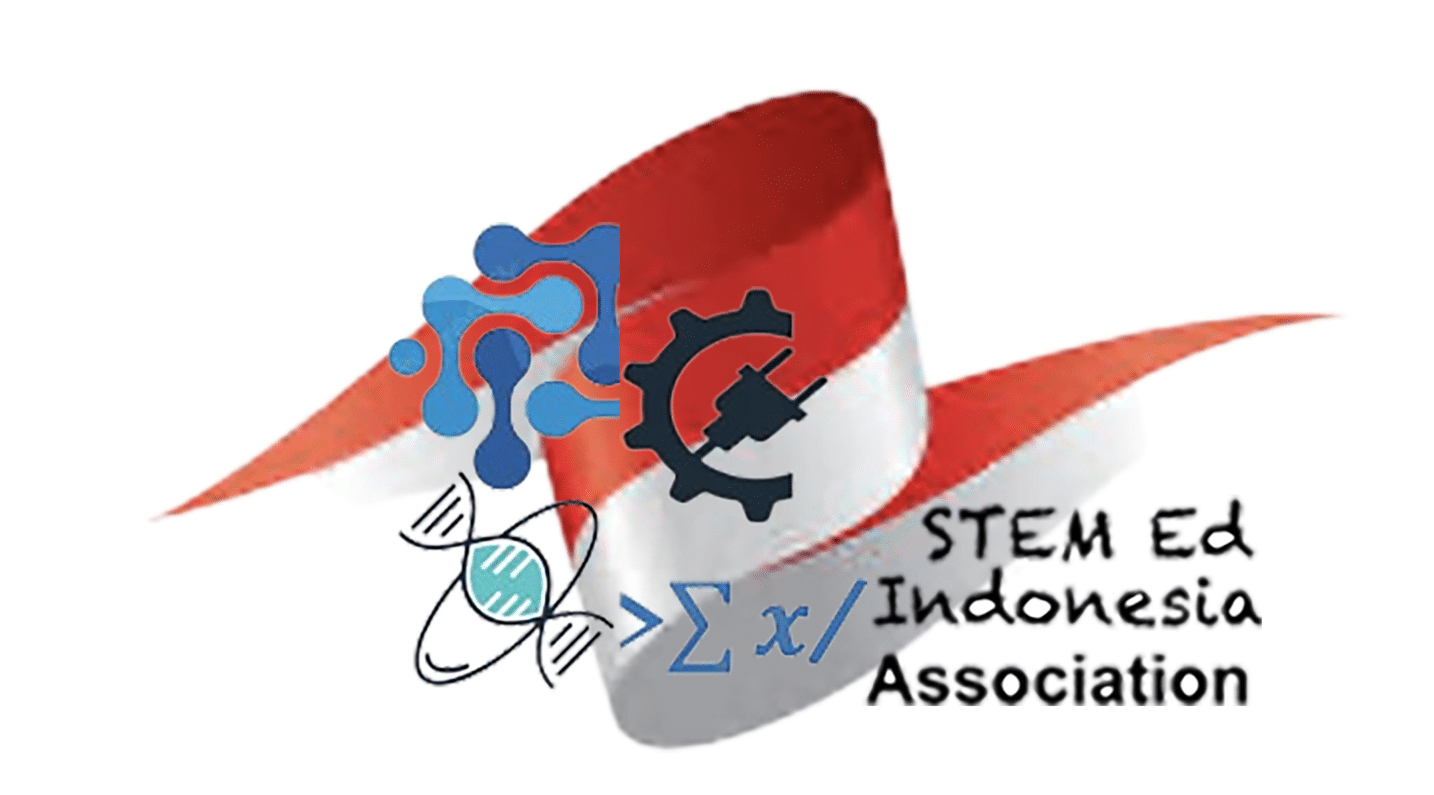Promoting Awareness about Pedagogical Content Knowledge
DOI:
https://doi.org/10.70290/jeti.v2i2.91Keywords:
Reflective practice, pedagogical content knowledge, content representation, combustion, air componentsAbstract
The purpose of this research is to evaluate the impact of the feedback gained from targeted self-confrontation on a teacher’s knowledge about his own practice. To do so, we opted for a case study within a qualitative approach. Through a sequence of self-confrontations, we employed content representation (CoRe) as a tool to advance a teacher’s pedagogical content awareness. We investigated the evolution of content representation during three self-confrontations assisted by CoRe. And we used the outcomes to draw up a CoRe design for each self-confrontation. The topic of teaching was air components and combustion. The results show an important increase of content aspects considered by the teacher during self-confrontation. We concluded that CoRe is an efficient tool that can contribute to elicit teacher’s awareness about the significant aspects of content pedagogical knowledge.
References
Åkerlind, G. (2015). From Phenomenography to Variation Theory : A review of the development of the Variation Theory of Learning and implications for pedagogical design in higher education. HERDSA Review of Higher Education, 2, 5‑26.
Boujaoude, S. B. (1991). A study of the nature of students’ understandings about the concept of burning. Journal of Research in Science Teaching, 28(8), 689‑704. https://doi.org/10.1002/tea.3660280806
Carlson, J., Daehler, K. R., Alonzo, A. C., Barendsen, E., Berry, A., Borowski, A., Carpendale, J., Kam Ho Chan, K., Cooper, R., Friedrichsen, P., Gess-Newsome, J., Henze-Rietveld, I., Hume, A., Kirschner, S., Liepertz, S., Loughran, J., Mavhunga, E., Neumann, K., Nilsson, P., … Wilson, C. D. (2019). The Refined Consensus Model of Pedagogical Content Knowledge in Science Education. In A. Hume, R. Cooper, & A. Borowski (Éds.), Repositioning Pedagogical Content Knowledge in Teachers’ Knowledge for Teaching Science (p. 77‑94). Springer Nature. https://doi.org/10.1007/978-981-13-5898-2_2
Carpendale, J., & Hume, A. (2019). Investigating Practising Science Teachers’ pPCK and ePCK Development as a Result of Collaborative CoRe Design. In A. Hume, R. Cooper, & A. Borowski (Éds.), Repositioning Pedagogical Content Knowledge in Teachers’ Knowledge for Teaching Science (p. 225‑252). Springer Nature. https://doi.org/10.1007/978-981-13-5898-2_10
Goes, L., & Fernandez, C. (2016). Using CoRes for Capturing Pedagogical Content Knowledge of redox reactions. In Pre-service science teacher education (p. 2163‑2173).
Guerriero, S., & Deligiannidi, K. (2017). The teaching profession and its knowledge base (p. 19‑35). OCDE. https://doi.org/10.1787/9789264270695-3-en
Hiebert, J., Gallimore, R., & Stigler, J. W. (2002). A Knowledge Base for the Teaching Profession : What Would It Look Like and How Can We Get One? Educational Researcher, 31(5), 3‑15. https://doi.org/10.3102/0013189X031005003
Hume, A. (2010). A pedogogical tool for science teacher education : Content Representation (CoRe) design. Science Teacher Education, 59, 29‑30.
Hume, A., & Berry, A. (2013). Enhancing the Practicum Experience for Pre-service Chemistry Teachers Through Collaborative CoRe Design with Mentor Teachers. Research in Science Education, 43(5), 2107‑2136. https://doi.org/10.1007/s11165-012-9346-6
Jay, J. K., & Johnson, K. L. (2002). Capturing complexity : A typology of reflective practice for teacher education. Teaching and Teacher Education, 18(1), 73‑85. https://doi.org/10.1016/S0742-051X(01)00051-8
J. Bussey, T., Orgill, M., & J. Crippen, K. (2013). Variation theory : A theory of learning and a useful theoretical framework for chemical education research. Chemistry Education Research and Practice, 14(1), 9‑22. https://doi.org/10.1039/C2RP20145C
Juhler, M. V. (2016). The Use of Lesson Study Combined with Content Representation in the Planning of Physics Lessons During Field Practice to Develop Pedagogical Content Knowledge. Journal of Science Teacher Education, 27(5), 533‑553. https://doi.org/10.1007/s10972-016-9473-4
Julie, G.-N. (2015). A Model Of Teacher Professional Knowledge And Skill Including Pck : Results of the thinking from the PCK Summit. In Re-examining Pedagogical Content Knowledge in Science Education. Routledge.
Kullberg, A., Runesson Kempe, U., & Marton, F. (2017). What is made possible to learn when using the variation theory of learning in teaching mathematics? ZDM, 49(4), 559‑569. https://doi.org/10.1007/s11858-017-0858-4
Ling Lo, M. (2012). Variation Theory and the Improvement of Teaching and Learning. Göteborg : Acta Universitatis Gothoburgensis. https://gupea.ub.gu.se/handle/2077/29645
Lo, M. L., & Marton, F. (2011). Towards a science of the art of teaching : Using variation theory as a guiding principle of pedagogical design. International Journal for Lesson and Learning Studies, 1(1), 7‑22. https://doi.org/10.1108/20468251211179678
Loughran, J., Mulhall, P., & Berry, A. (2004). In search of pedagogical content knowledge in science : Developing ways of articulating and documenting professional practice. Journal of Research in Science Teaching, 41(4), 370‑391. https://doi.org/10.1002/tea.20007
Marton, F., & Booth, S. A. (1997). Learning and Awareness. Psychology Press.
Meheut, M. (1985). Pupils’ (II ‐ 12 year olds) conceptions of combustion. European Journal of Science Education, 7(1), 83‑93. https://doi.org/10.1080/0140528850070109
Plé, E. (1997). Transformation de la matière à l’école élémentaire : Des dispositifs flexibles pour franchir les obstacles. Aster : Recherches en didactique des sciences expérimentales, 24(1), 203‑229. https://doi.org/10.4267/2042/8674
Schön, D. A. (2017). The Reflective Practitioner : How Professionals Think in Action. Routledge. https://doi.org/10.4324/9781315237473
Shulman, L. (1987). Knowledge and Teaching: Foundations of the New Reform. Harvard Educational Review, 57(1), 1‑23. https://doi.org/10.17763/haer.57.1.j463w79r56455411
Shulman, L. S. (1986). Those Who Understand : Knowledge Growth in Teaching. 4‑14. https://journals.sagepub.com/doi/abs/10.3102/0013189x015002004?journalCode=edra
Stanley, C. (1998). A Framework for Teacher Reflectivity. TESOL Quarterly, 32(3), 584‑591. https://doi.org/10.2307/3588129
Watson, J. R., Prieto, T., & Dillon, J. S. (1997). Consistency of students’ explanations about combustion. Science Education, 81(4), 425‑443. https://doi.org/10.1002/(SICI)1098-237X(199707)81:4<425::AID-SCE4>3.0.CO;2-E
Williams, J., Eames, C., Hume, A., & Lockley, J. (2012). Promoting pedagogical content knowledge development for early career secondary teachers in science and technology using content representations. Research in Science & Technological Education, 30(3), 327‑343. https://doi.org/10.1080/02635143.2012.740005
Downloads
Published
How to Cite
Issue
Section
License
Copyright (c) 2023 Meissa Ouerghi, Chiraz Kilani

This work is licensed under a Creative Commons Attribution-NonCommercial 4.0 International License.




